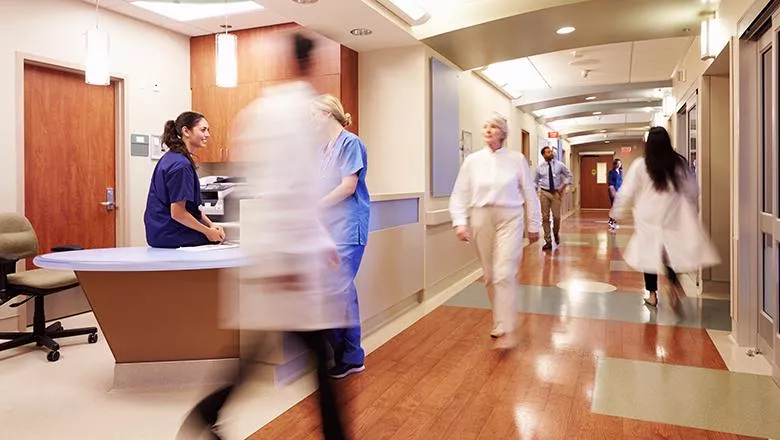01 November 2018
King's joins 3.3 million euro microwave medical imaging project EMERALD
The Department of Informatics at King’s has joined a consortium of European partners as part of the EU project ‘EMERALD - ElectroMagnetic imaging for a novel genERation of medicAL Devices’. Two PhD students started work in October 2018, as part of a project which will train a total 13 PhD students in the area of microwave medical imaging. EMERALD’s consortium of 27 partners includes universities, hospitals, and private companies.

EMERALD is supported by the EU H2020 Programme in the framework of ‘Marie Sklodowska-Curie actions’ with 3.3 million euro, and is coordinated by Professor Francesca Vipiana, Department of Electronics and Telecommunications of Politecnico di Torino.
Dr Panos Kosmas, Reader in Radio-frequency (RF) Engineering in the Department of Informatics, will be the primary supervisor of the two students at King’s, and will also host various secondments by other students from the network.
EMERALD will enhance a collaboration network between engineers, seeking possible applications to medical imaging of electromagnetic waves at the microwave frequency, and medical doctors, working at the transfer of this technology from lab test phase to patients.Medical devices developed by the project will be portable and low cost, allowing real-time monitoring of therapy efficacy and pathology evolution, and thus disrupting traditional medical imaging based on magnetic resonance or computerized tomography (CT), which is very reliable but also expensive, non-portable and, in the case of CT, with possible side effects due to the use of ionizing radiations (X Rays).
The project will ensure that the PhD students interact with academic institutions, private companies and hospitals, with the objective of taking these novel microwave devices into pre-clinical phase, ready to be tested on patients.
Possible applications of the new technologies go from detecting cardio-vascular pathologies (ictus, ischemia) to making possible non-invasive lymph node analysis or focused surgery for tumours.
Panos said:“We are extremely happy to be part of this amazing network of scientists and engineers from all over Europe. This is a very ambitious programme, which can establish RF and microwave devices as disruptive solutions to important medical challenges.
"The project’s objectives are aligned perfectly with activities in our group on the development of microwave medical imaging devices for stroke and breast cancer detection”.
King’s is the only UK partner in the project, and its two PhD students will focus on the development of novel algorithms for microwave imaging, as well as the design of new passive structures which can enhance the delivery of microwave energy into the human body and thus reduce the required radiated power.

